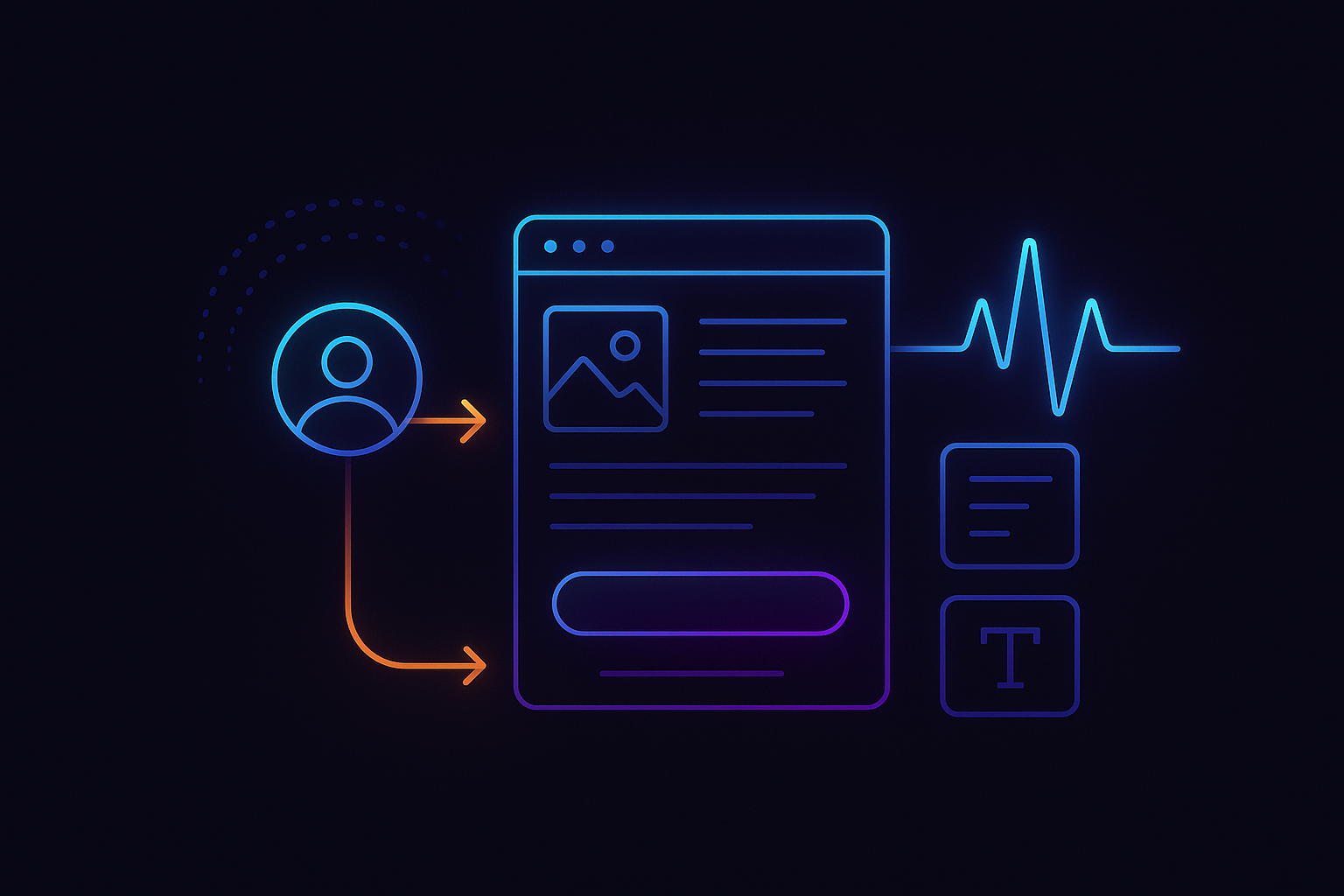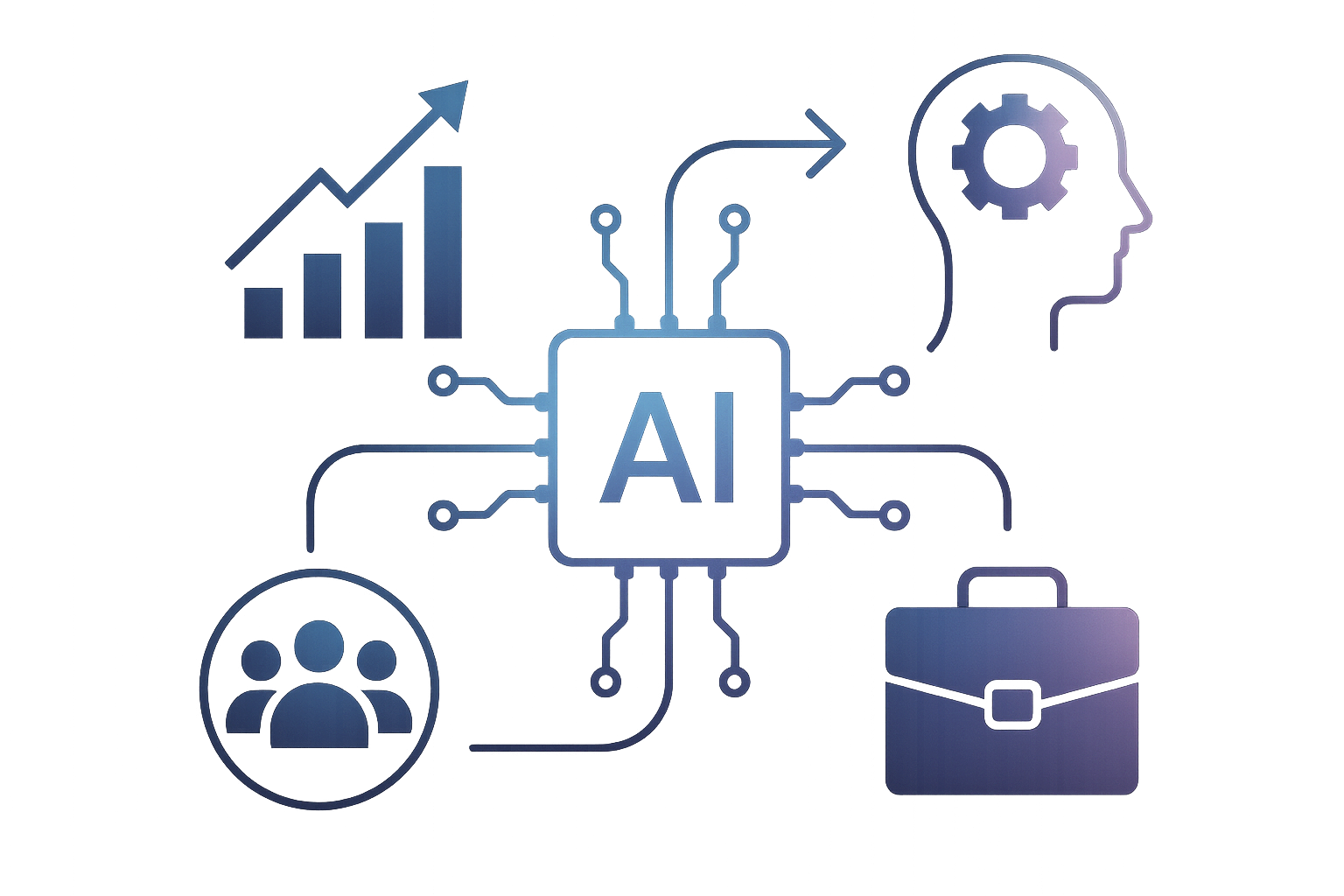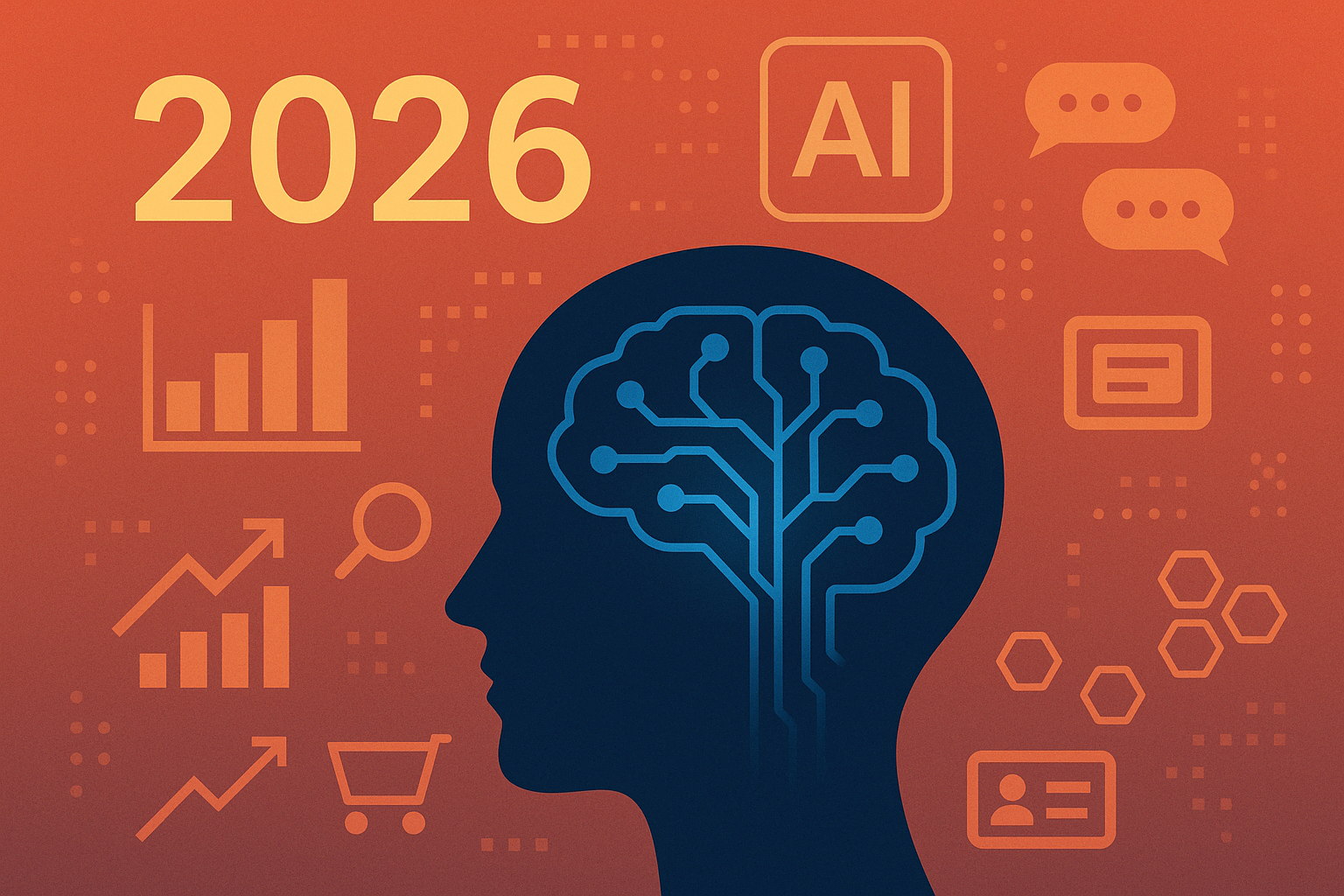Technology
Wordpress
What is WordPress?
WordPress is a popular, open-source content management system (CMS) that allows users to create and manage websites with ease. Initially released in 2003, WordPress has grown to become one of the most widely used CMS platforms globally, powering over 40% of all websites on the internet. WordPress offers a range of features, tools, and customization options, including a vast ecosystem of themes and plugins, making it a versatile solution for a wide variety of web projects.
What are the core features of WordPress?
- User-Friendly Interface: WordPress features a user-friendly interface, allowing users to create and manage website content with ease, even without extensive technical knowledge.
- Extensibility: WordPress offers a vast ecosystem of themes and plugins, providing users with extensive customization options and additional functionality to enhance their websites.
- SEO-Friendly: WordPress is built with SEO best practices in mind, helping to improve the visibility of websites in search engine results.
- Large Community: WordPress has a large and active community, providing users with access to a wealth of resources, tutorials, and support.
- Open-Source: As an open-source platform, WordPress allows users and developers to modify and extend the software to suit their specific needs.
How can WordPress help your website?
- Easy Content Management: WordPress's user-friendly interface enables users to create, manage, and update website content with ease, without the need for extensive technical knowledge.
- Customization and Flexibility: With a vast ecosystem of themes and plugins, WordPress offers extensive customization options, making it suitable for a wide range of web projects.
- Improved Search Engine Visibility: WordPress's SEO-friendly architecture helps improve the visibility of websites in search engine results, driving more organic traffic to your site.
Popular alternatives to WordPress
- Joomla: An open-source CMS that offers a range of features and tools for building and managing websites, with a focus on flexibility and extensibility.
- Drupal: A powerful and flexible open-source CMS that provides advanced features and tools for building complex and scalable websites.
- Wix: A visual web design platform that offers a range of templates, tools, and features for creating and managing websites without writing any code.
Pros and Cons of WordPress versus the main alternatives
Pros:
- User-friendly interface, allowing users to create and manage website content with ease.
- Extensive customization options through themes and plugins.
- SEO-friendly architecture to improve search engine visibility.
- Large and active community, providing support and resources.
Cons:
- Potential security vulnerabilities due to the large number of plugins and themes.
- May require more maintenance and updates compared to some other CMS platforms.















